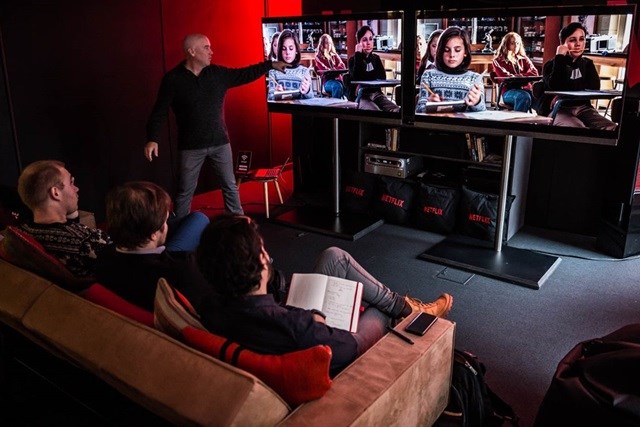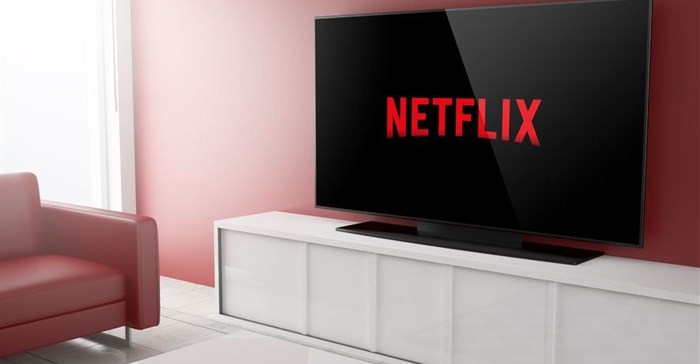Television will endure in a Netflix world

In a presentation to global media, Netflix stated: “We are moving into an era of multi-device connectivity and contextual entertainment, a new world of entertainment - one that is personalised, on-demand, immersive and interactive”.
Today, Netflix users across EMEA are using between three and five different internet-connected devices for their entertainment needs, completing their binges on everything from smartphones to smart TVs. The future of entertainment is about contextual entertainment, where consumers access their favourite shows on any device they want, in a way that fits seamlessly with where they are connecting from.
Contextual entertainment
With the pivot towards contextual entertainment, streaming on TV devices is leading by far with 55% of Netflix viewing hours in EMEA being through connected TVs. The set top box, sometimes in 4K, lead the charge as the most popular connected TV device.
This is followed by Smart TV’s and media streaming devices such as Apple TVs, Rokus or Chromecasts, and game consoles like Xboxes and PlayStations have become a popular choice for Netflix members in the region.
Despite increasing use of mobile devices, the TV remains the enduring centrepiece of the consumer’s entertainment experience with the shift from the linear to connected world. Consumers today are now discovering a new world of entertainment in their homes on connected TVs.
“People have always enjoyed watching TV and this won’t change anytime soon. The beauty of connected TVs is that they’re able to exploit the best part of the conventional linear TV experience, while leveraging all of the benefits of connected technology.
“Consumers can now enjoy big screen time at home that is personalised to their unique tastes and preferences, on-demand, immersive and interactive. As consumers discover this with Netflix, the more they love their connected TV experience,” Netflix presented.

Across Europe, Netflix finds that while majority of membership signups are through mobile devices and laptops, consumers move on to discover the connected TV experience. Within six months of subscription, 55% of accounts’ primary viewing device become connected TVs. These members across the region are also spending three times as long watching on their connected TVs as they do on their mobile devices.
People are discovering on their phone and bingeing on their TVs. This behaviour points to the growing demand for connected TV viewing and relatedly, sales of Smart TVs now accounts for 56% in EMEA over the first six month of this year (Source: GFK: Smart TVs gaining ground).
Audio-video innovations
Innovation in TV technology is also driving audio-visual entertainment experiences right in consumers’ homes and consumers can now also access top-quality entertainment, not just on full-fledged home theatre systems, but on sound bars and headsets.
Said Netflix: “These audio-video innovations come at a time when there is a growing library of high-quality content available for streaming. Netflix has endless hours of Ultra HD 4K and High Dynamic Range (HDR) content; and more than half of our catalogue already supports 5.1 surround sound. We have also just announced our support for Dolby Atmos three-dimensional sound.”
Titles on Netflix that support Dolby Atmos include Okja, BLAME!, Death Note, Stranger Things Season 2 (HDR) and Marvel’s The Punisher . The highly-anticipated Bright, starring Will Smith, (HDR and Dolby Atmos), will also be joining Netflix’s library of exceptional audio-visual quality for a the home streaming experience.






















